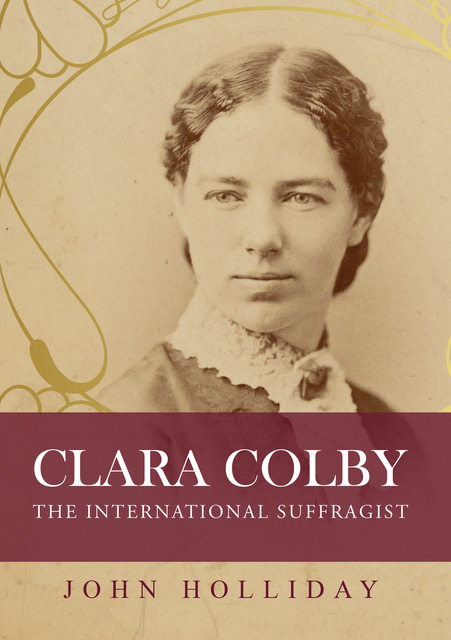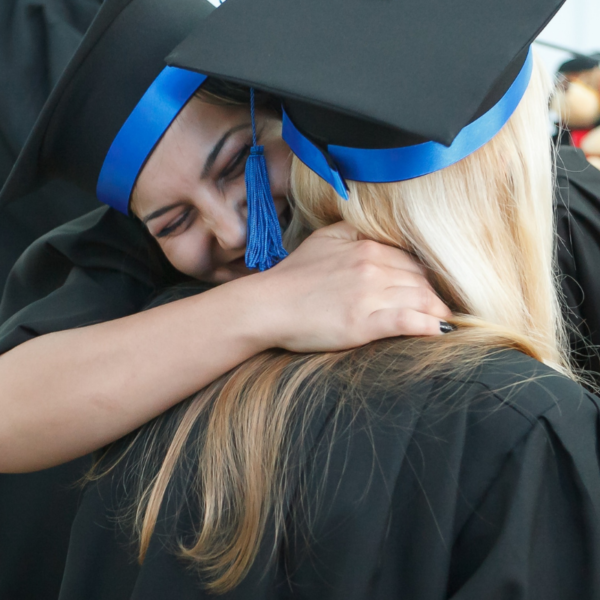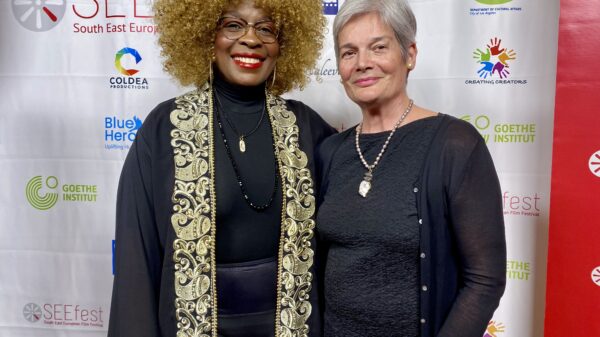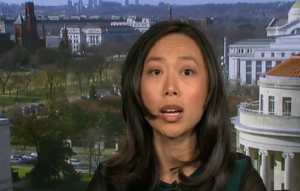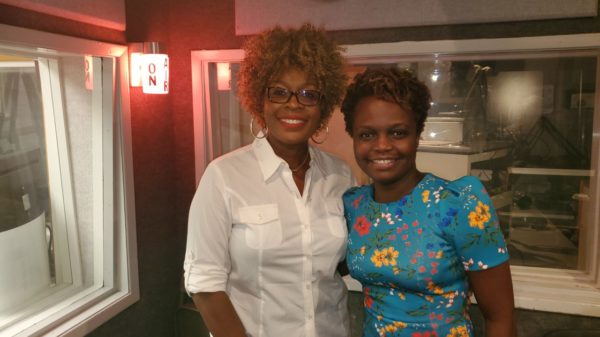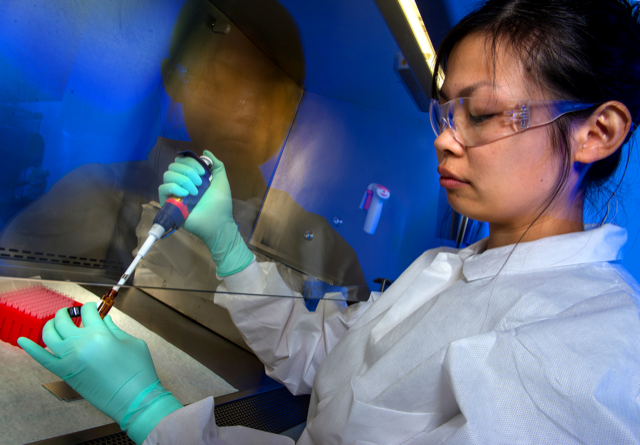
Magazine, Living Well, Julian Do, Contributor to Immigrant Magazine
LOS ANGELES, California – “The Coronavirus will hit ethnic and immigrant communities in California the hardest,” says Dr. Rishi Manchanda, founder and president of Health Begins, during a telebriefing organized by Ethnic Media Services and sponsored by the Blue Shield of California Foundation.
According to the data tracking at Johns Hopkins University’s Coronavirus Virus Center, of the nearly 1 million confirmed cases of Coronavirus outbreak worldwide, also known as Covid-19, the US leads with 234,462 cases as of April 2.
On March 31, President Donald Trump announced that the death toll caused by Covid-19 nationwide could rise from 100,000 to 240,000 in the month of April.
The latest report from the California Department of Public Health shows the state has 8,155 cases with 171 fatalities as of March 31.
Currently, there’s no breakdown of cases based on demographics in California but many experts believe communities of colors are the most vulnerable group.
Dr. Manchanda explains that Covid-19 tend to prey on those with poor health and thrive in areas of high population density. And these are the precise conditions that the minorities have already found themselves in under prior to the pandemic.
The telebriefing also featured two physicians on the frontlines of the global pandemic – Dr. Daniel Turner-Lloveras of the Harbor UCLA Medical Clinic and Dr. Tung Nguyen of the University of California, San Francisco. Also present were psychiatrist Dr. Sampat Shivangi, who serves on the Trump Administration’s panel on mental health and substance abuse, and Manju Kulkarni, executive director of A3PCON, a community-based organization advocating for low income, immigrant, refugee and other disadvantaged sectors of the population in the Asian and Pacific Islander American (APIA) Community.
Dr. Turner-Lloveras says any solution to combat Covid-19 now is only as good as how the healthcare system can effectively cover the weakest link, which are the highly populated and low income areas where many ethnic communities and undocumented immigrants reside. If this population doesn’t get special attentions, the spread would be hard to contain.
“Now is the time to put the issue of public charge aside,” says Dr. Turner-Lloveras. He notes that 43% of undocumented immigrants have no health insurance.
“Everyone who has Covid-19 symptoms should immediately call healthcare centers and clinics for pre-screening. If qualified, they should go to designated locations for testing immediately. No one will be turned away for lacking insurance coverage or legal documents”.
As his Harbor UCLA Medical Clinic is located in the low-income area of Los Angeles, Dr. Turner-Lloveras is aware of previous raids by ICE at some medical clinics to round up immigrants without papers. He believes all hospitals should be declared “ICE-free zones” to allay the fear of getting arrested by ICE so people could come out of the shadows to seek testing to stop the spreading.
According to Dr. Tung Nguyen, there’s currently no cure for Covid-19 and vaccines would not be available for at least another 12 to 18 months. Covid-19 is more deadly than the seasonal flu as 15 to 45 of every 1,000 infected patients will die.
“Right now the best way to fight against Covid-19 now is washing hands regularly and really adhering to social distancing by staying at home,” says Dr. Nguyen. He emphasizes that people who had to continue working outside should wash up and change clothes before rejoining their families at home.
Dr. Nguyen also acknowledges that social distancing can be extremely difficult as it’s not unusual for minority households to have multi generations living under one roof and sometimes in confined spaces.
He recommends each family should elect the healthiest member to do grocery shoppings. If one member is infected, there should be a designated isolation space like a separate bedroom, the garage, or even a car to prevent the spread to the rest of family.
As the fears of Covid-19 and anxieties over unemployment heighten, psychiatrist Sampat Shivangi warns that people, especially large families living in small houses and apartments, may experience stress and depressions which could lead to drugs and alcohol abuses. And those with symptoms and had to be quarantined may feel so cooped up and socially disconnected that they may develop angry moods and even thoughts of suicide.
To cope with this situation, Dr. Shivangi advises everyone to be patient and kind with one another.
Besides infecting people biologically, Covid-19 outbreak is also affecting a social virus called racism. Xenophobia targeting Asian communities is on the rise since this virus is originated from China.
“One Asian student in LA was physically bullied in school. He got punched 20 times and told to go back to China. Many Asian adults were verbally harassed in public spaces nationwide,” says Manju Kulkarni, executive director of A3PCON.
Together with the Chinese for Affirmative Action, A3PCON is hosting a webpage to document hateful incidents in California and around the country. Since its inception, the webpage has received nearly 100 complaints a day.
Financially, another complication for many undocumented immigrants is they are not qualified to receive any benefits from the $2 trillion Coronavirus relief bill because they do not have working permits or social security cards even though they have been quietly been paying billions of dollars in taxes annually. In any economic recession, they are usually the first group employers would let go.
Dr. Manchanda believes this disqualification would compound the dire situations for this population who are primarily renters and have mainly been doing low-salary, short-term jobs and have no social safety nets to begin with.
“Right now the healthcare system in California is stretched thin with all kinds of shortages from masks to ventilators,” says Dr. Turner-Lloveras. “People who need testing and treatments might not get help right away but they should keep trying to protect themselves and their loved ones.”
He re-emphasizes that anyone needs help would not get turned away regardless of legal and insurance status. Gradually, the healthcare system should be ramped up to handle larger volumes to care for all.
Julian Do wrote this article for The Immigrant Magazine with support from the Ethnic Media Services and sponsored by The Blue Shield of California Foundation


